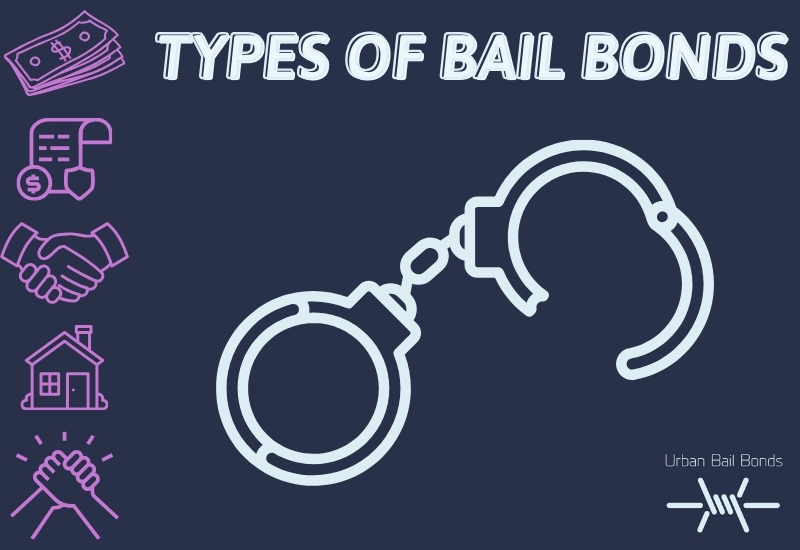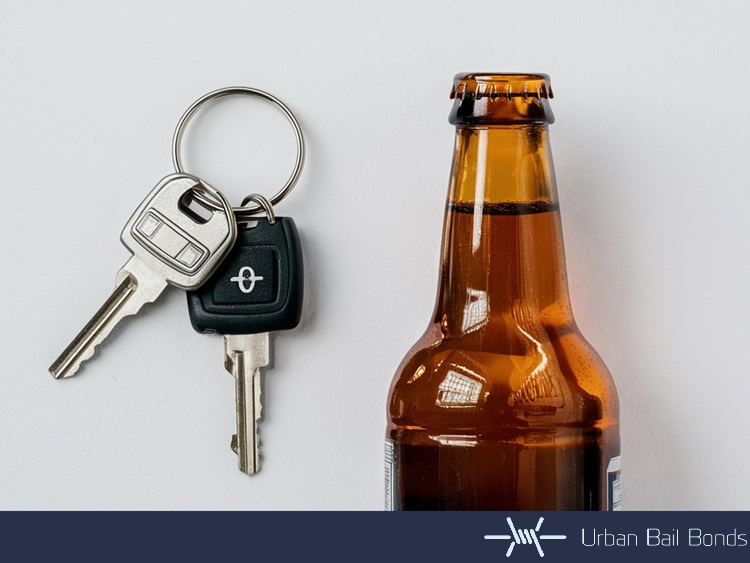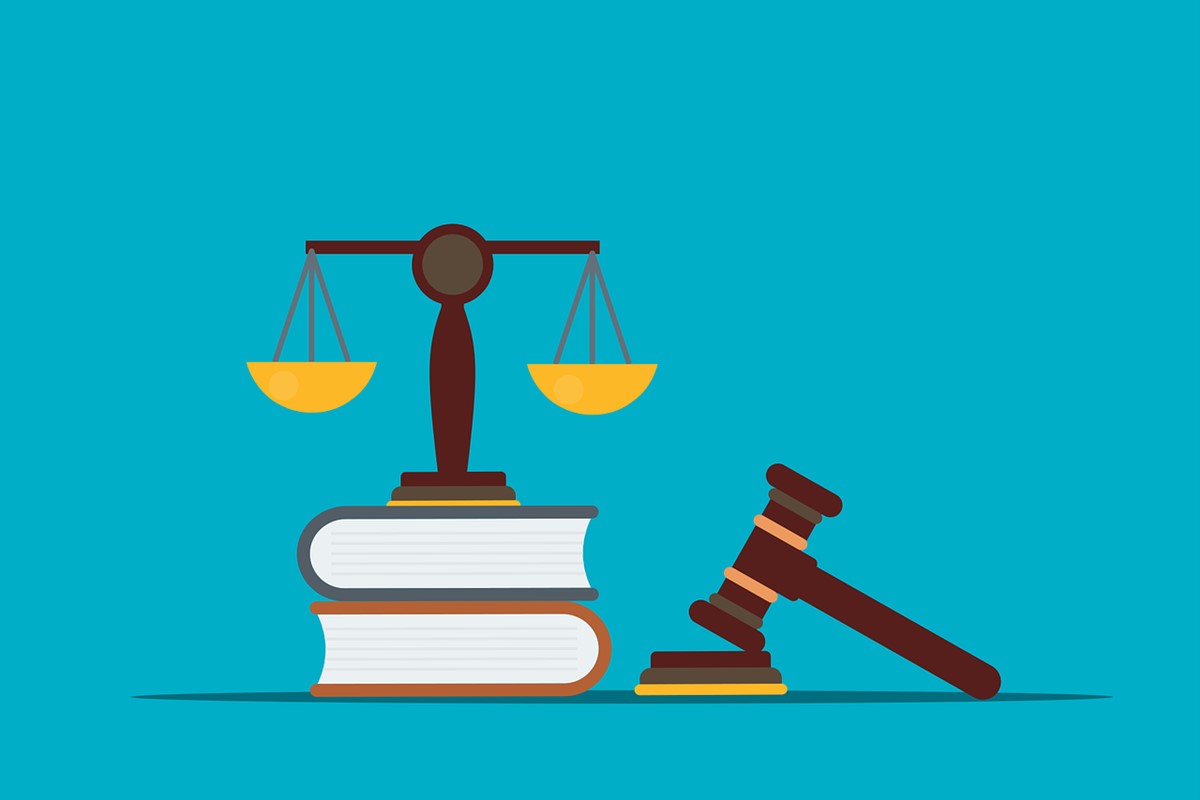
It’s one of the things that scares people with little or no experience in jail the most. That while sitting in a jail cell minding their own business while the bail bond agent works to secure their release, they will be targeted and beaten up. Violence in prisons and jails is no myth, and those who seem out of place are often the most common targets. This raises the question: can you sue if you get beat up in jail while awaiting release on bail?





